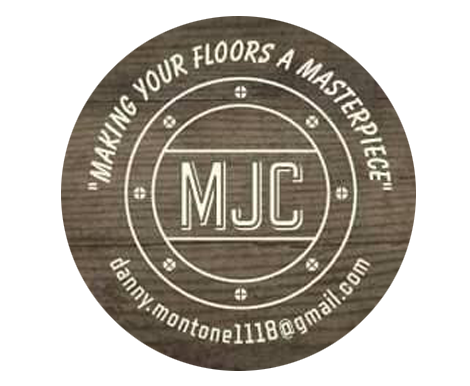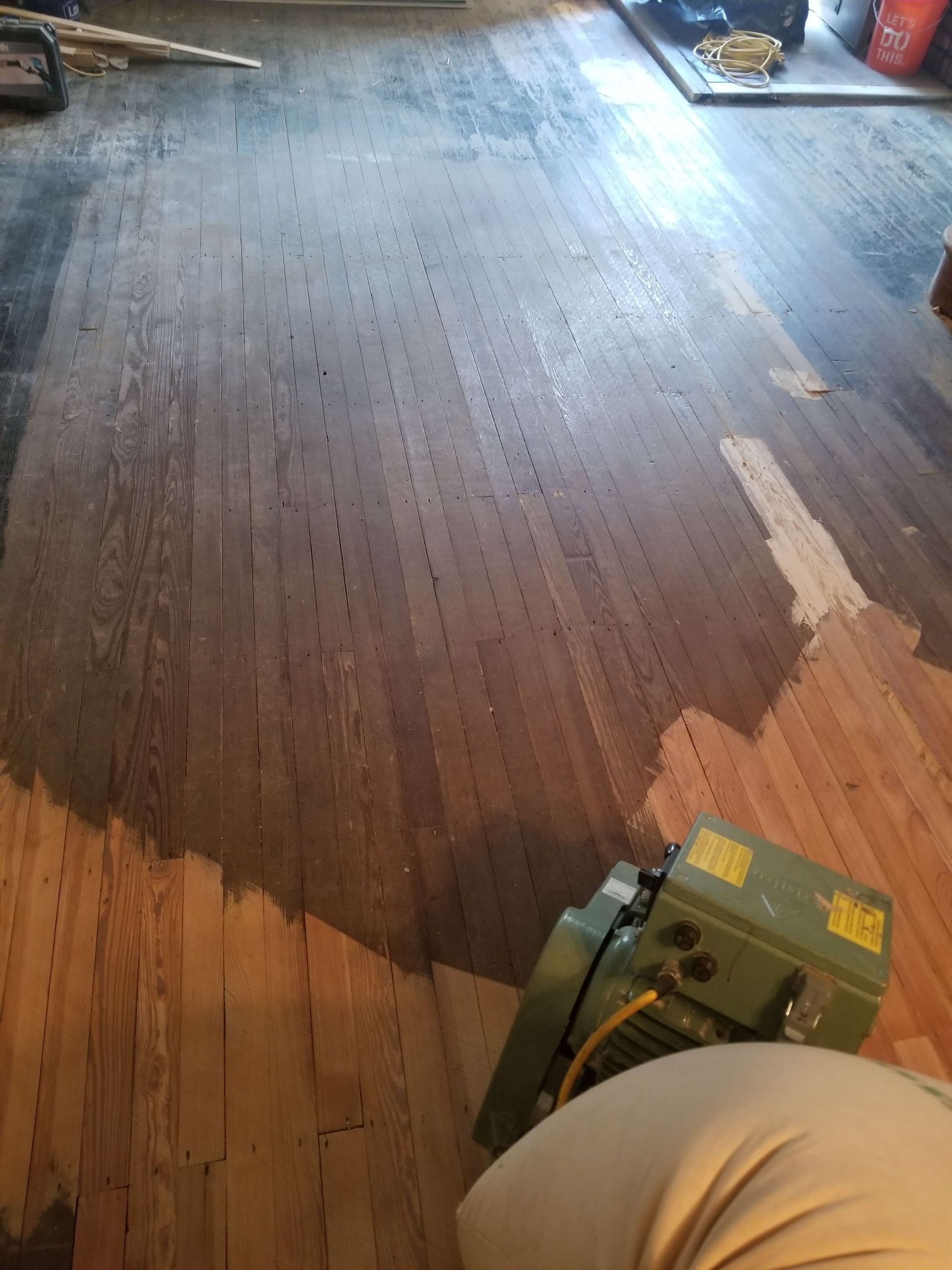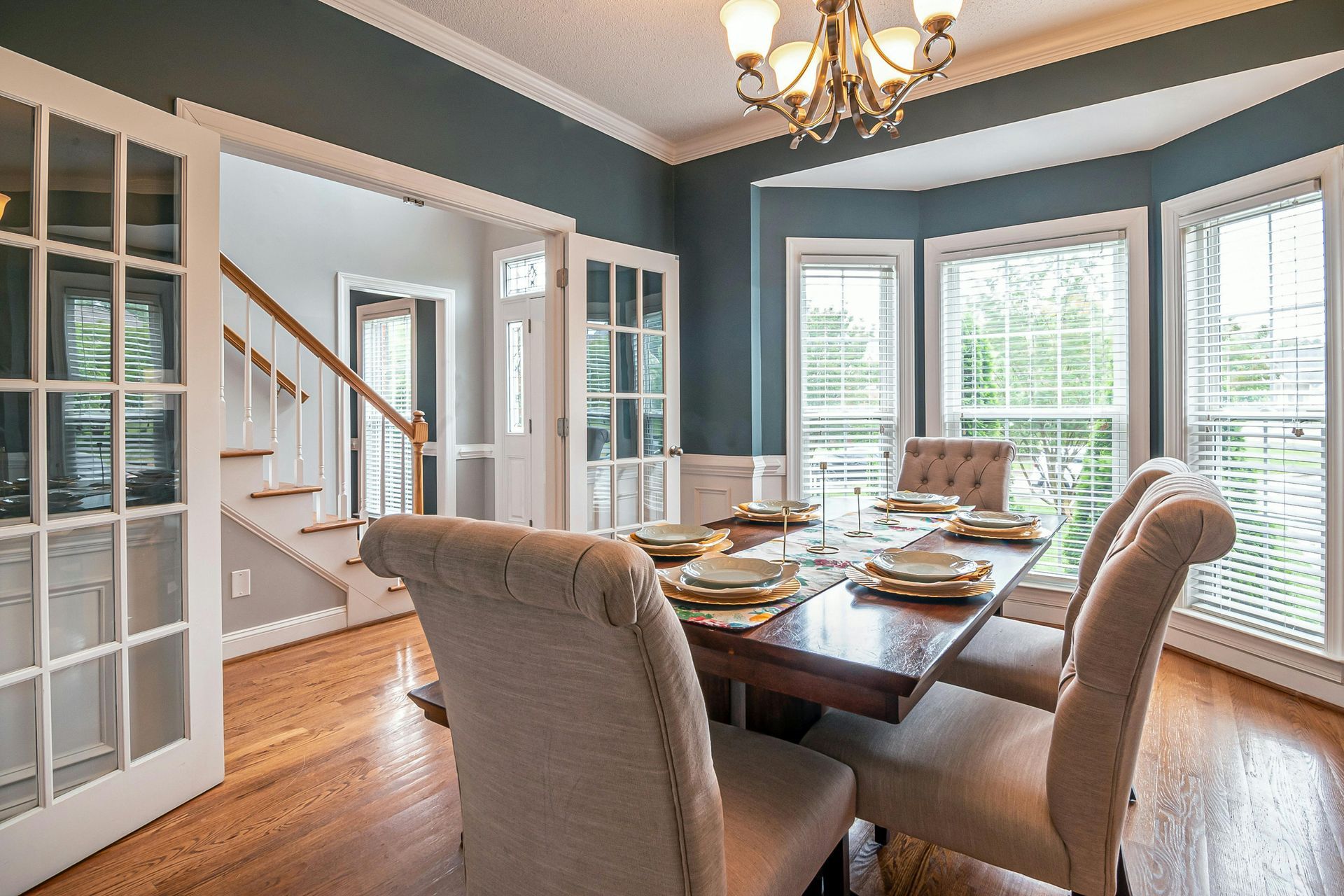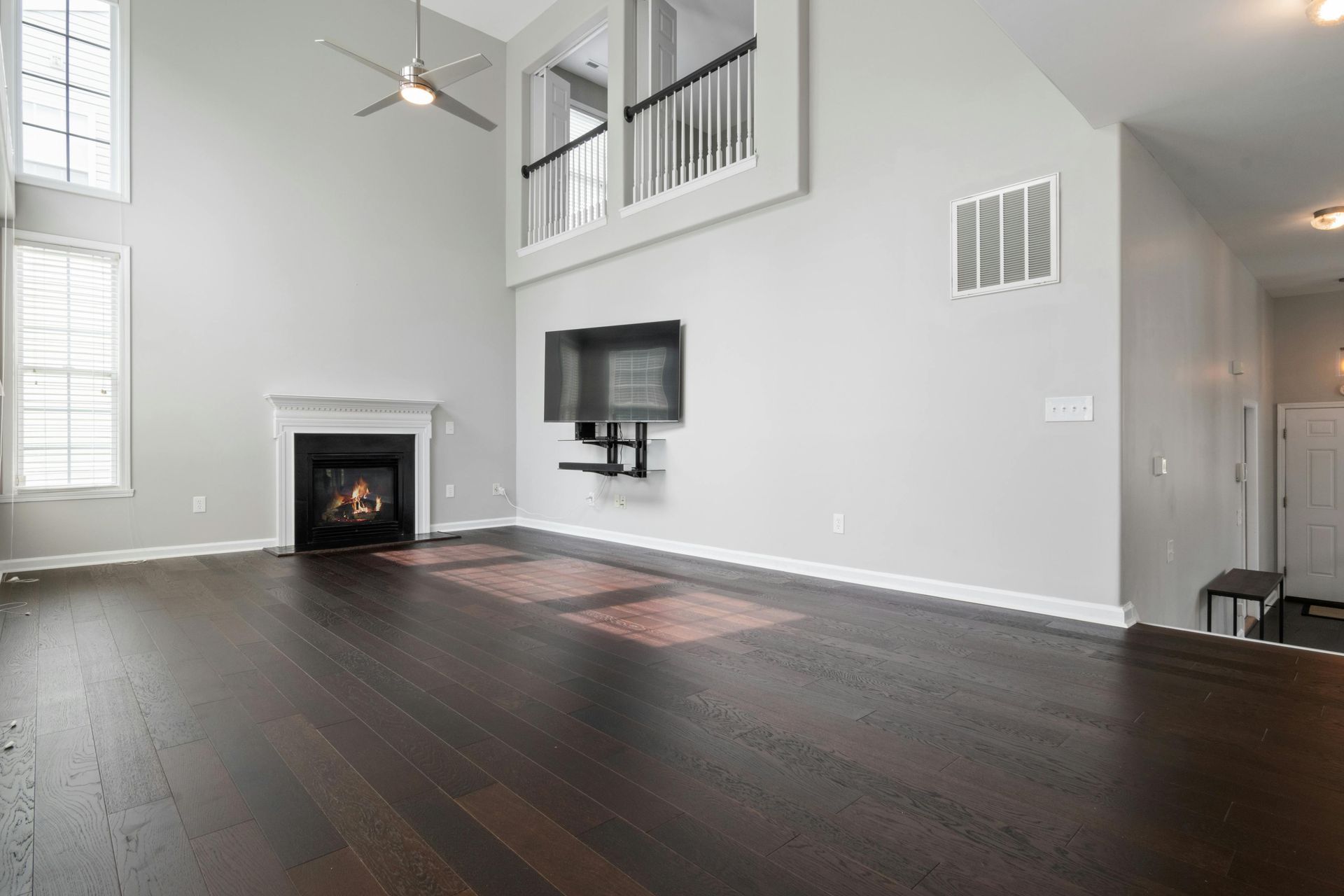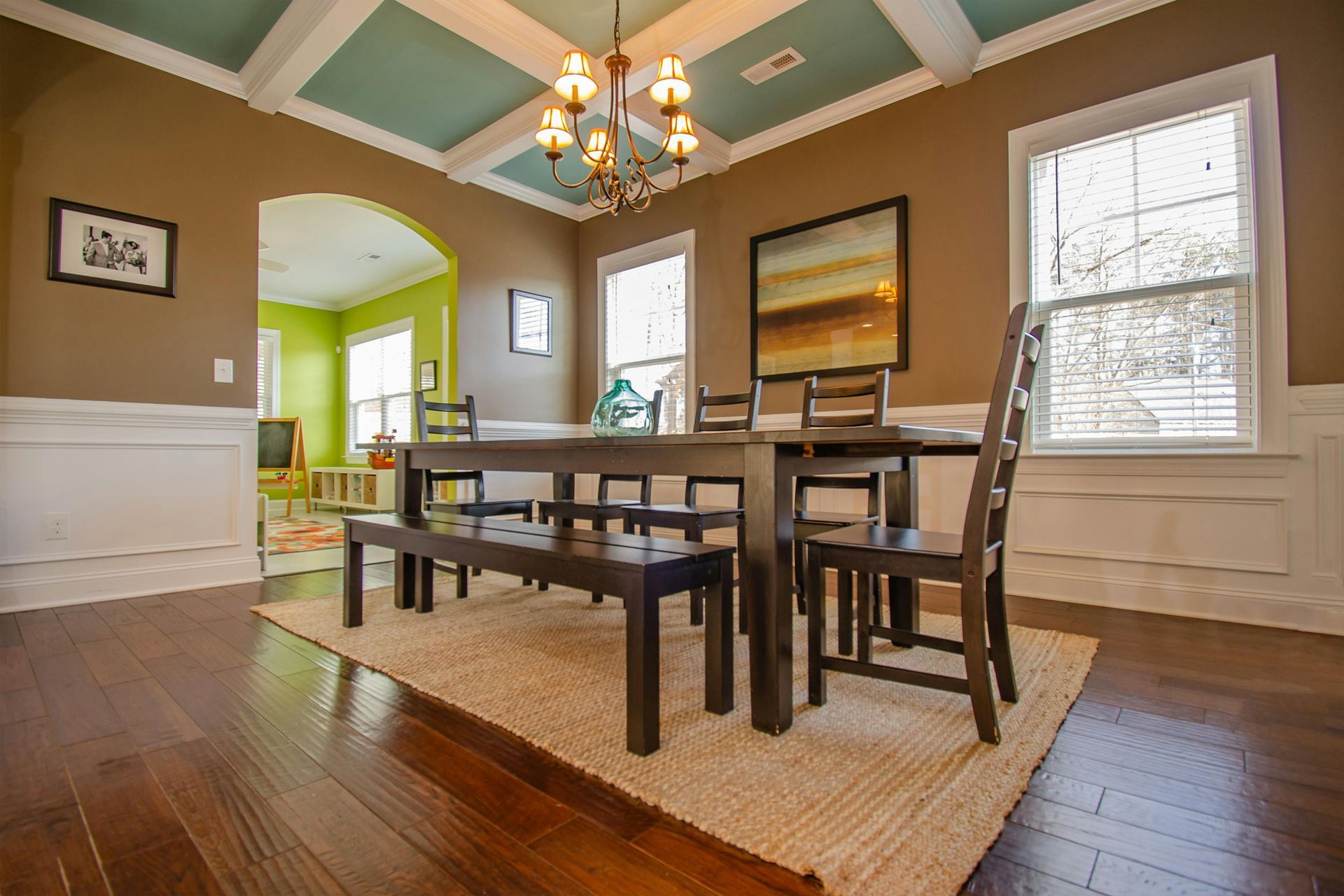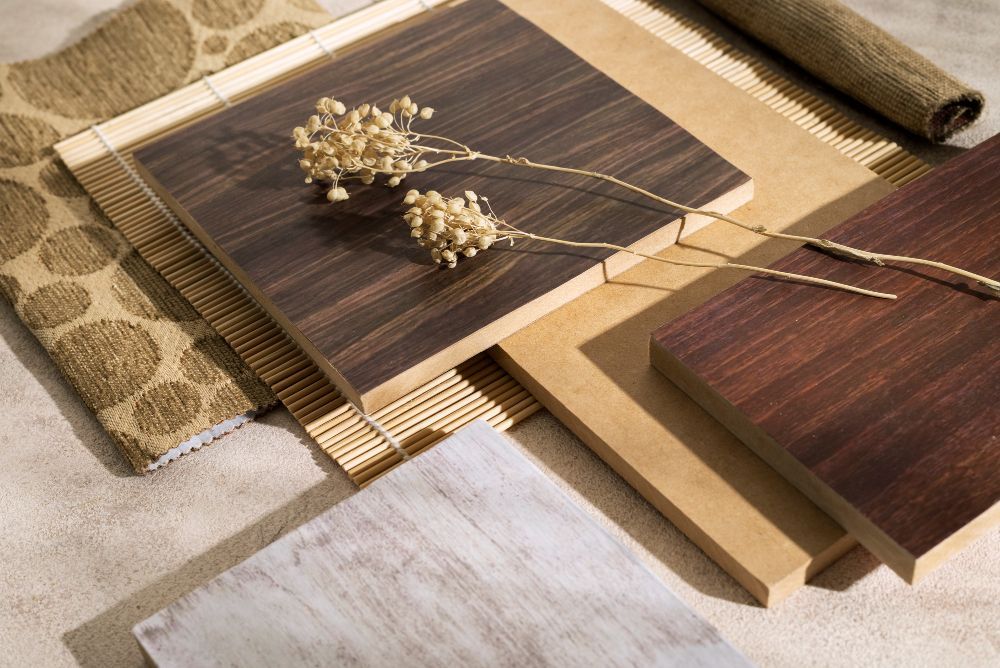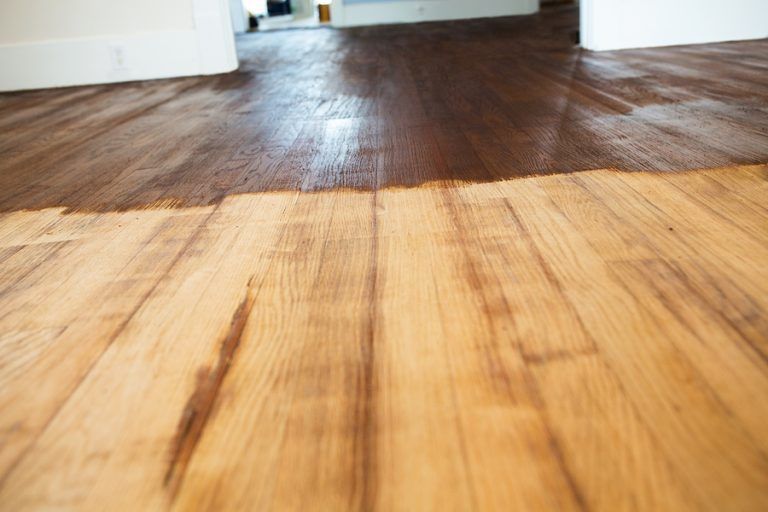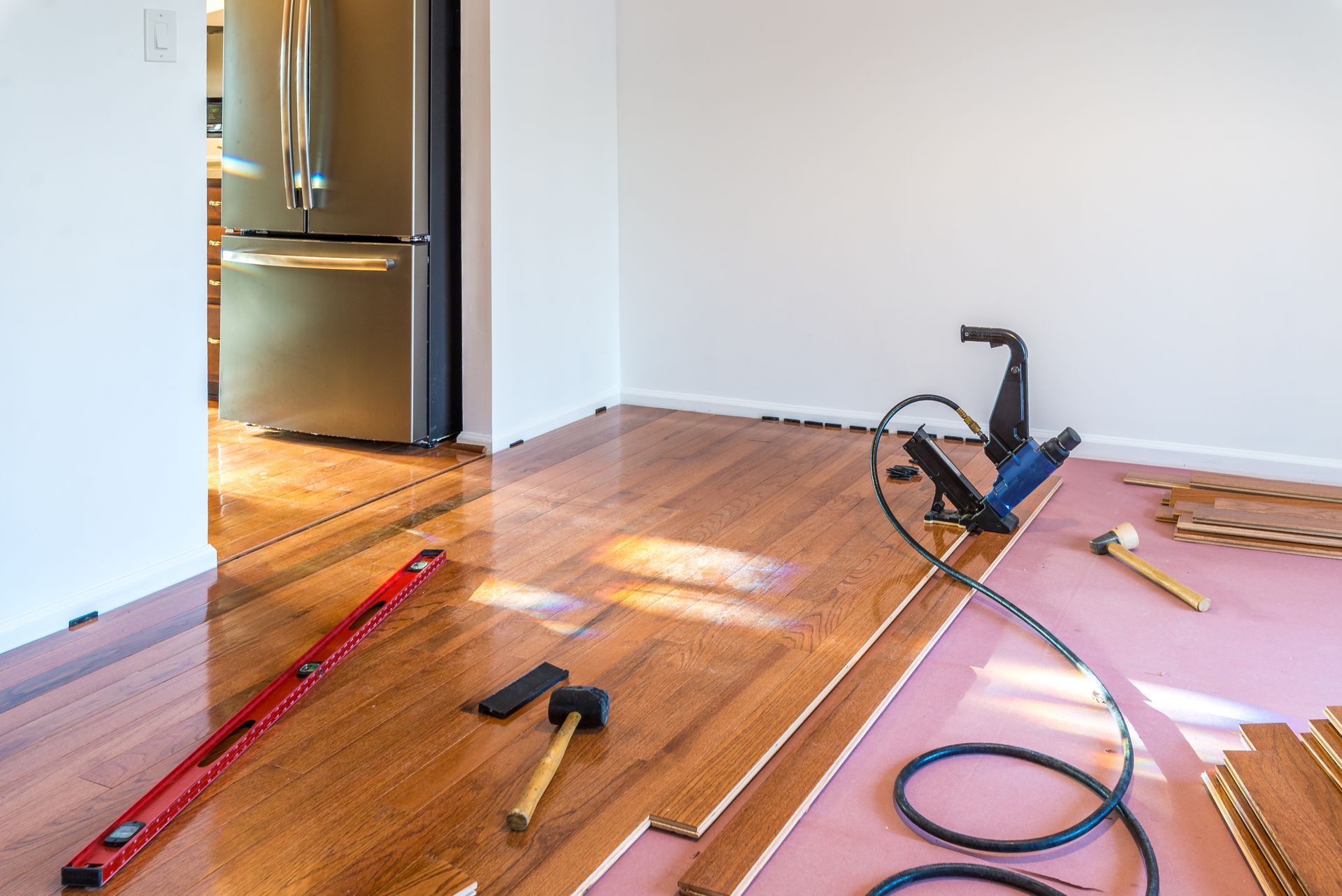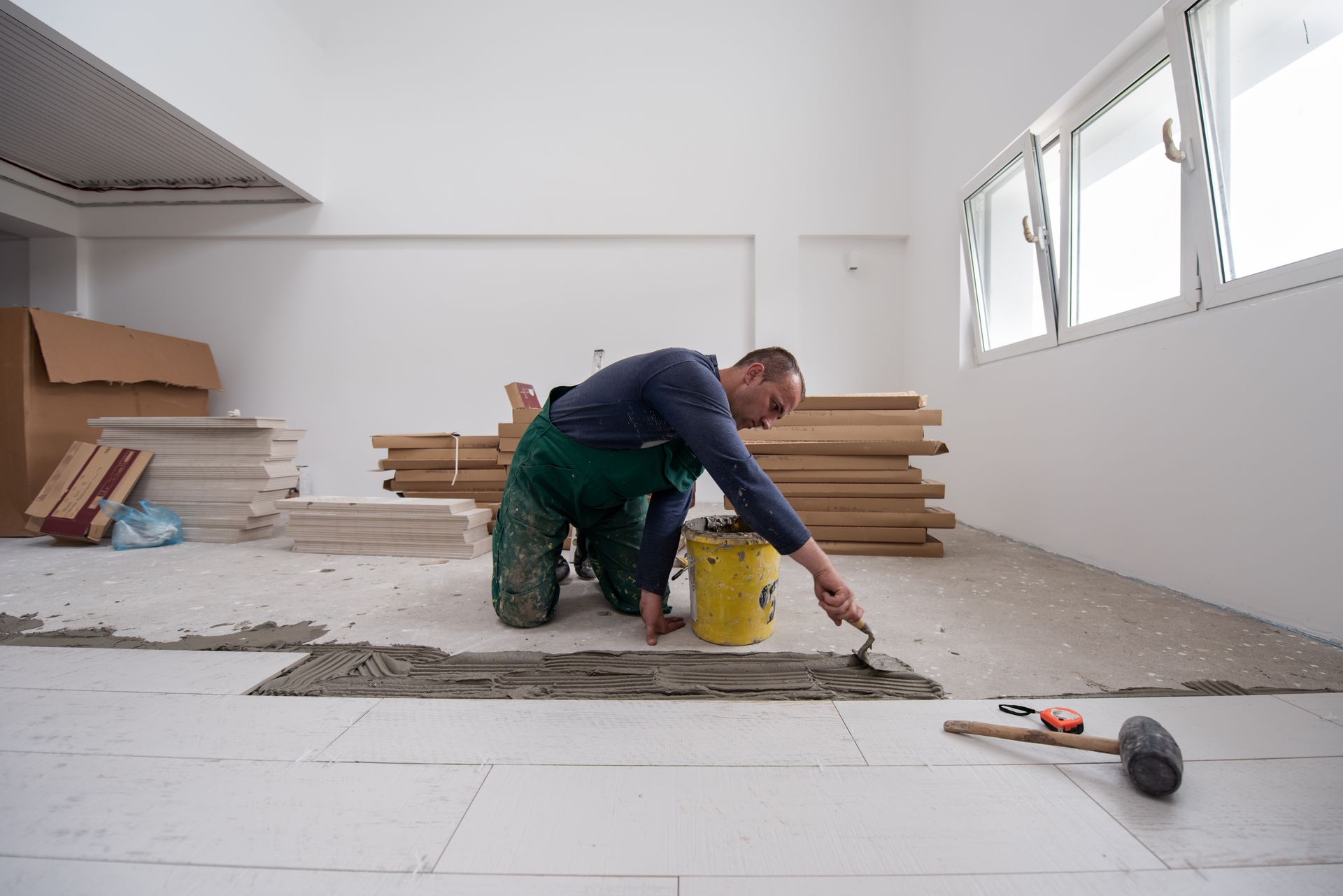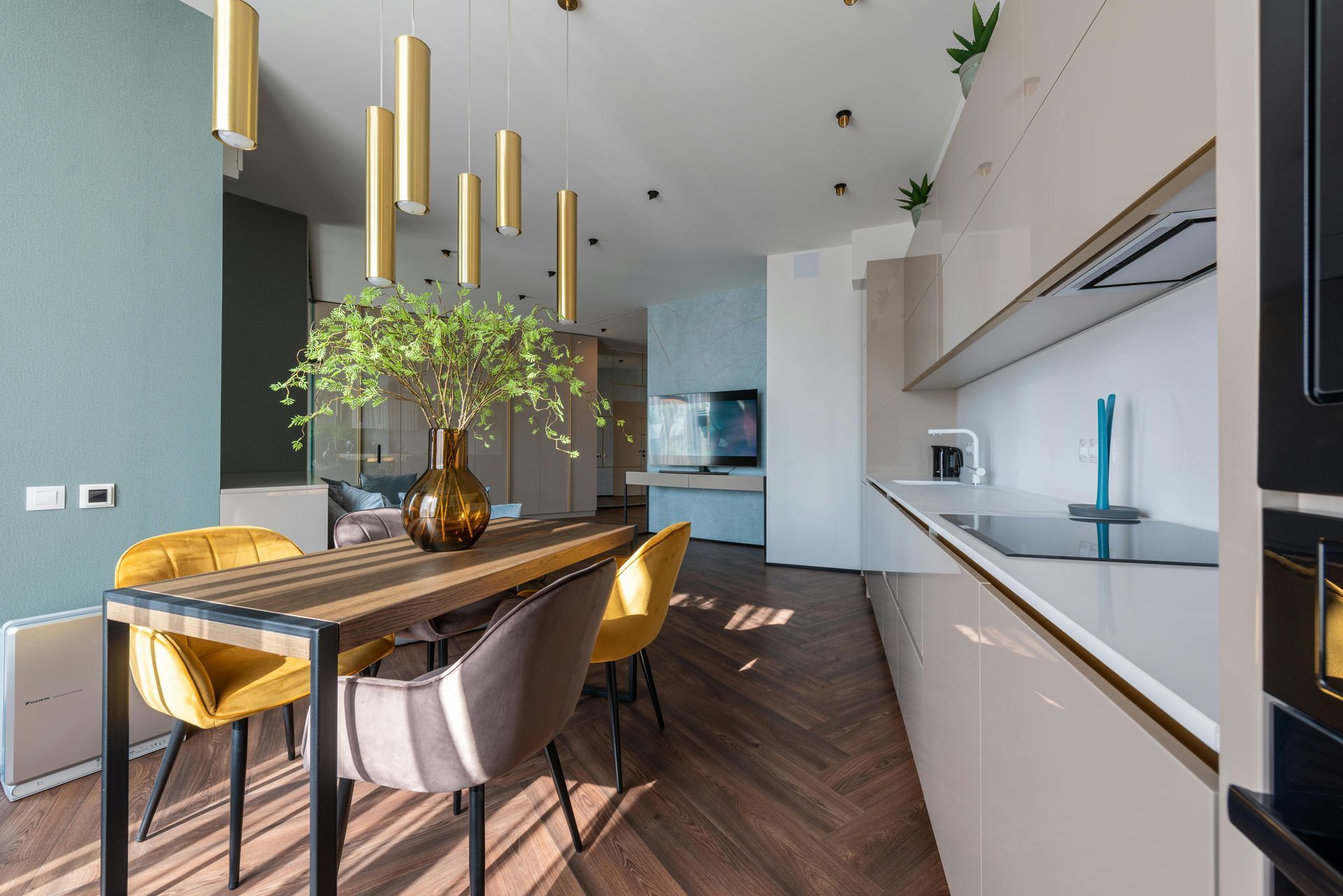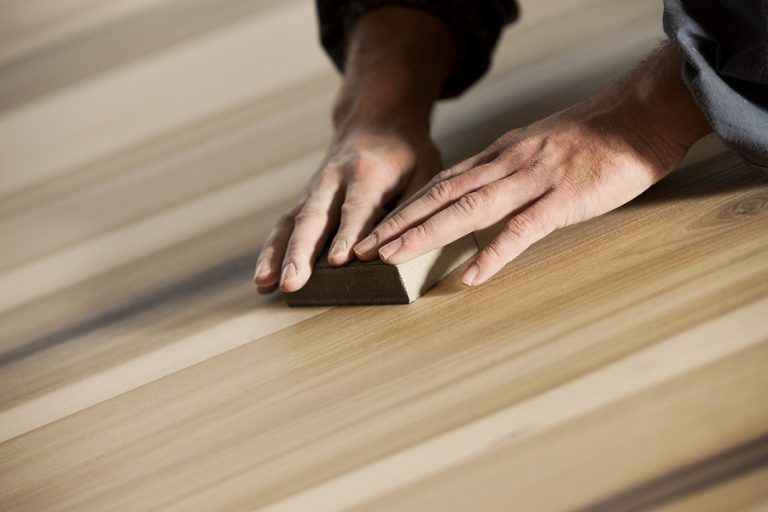Hardwood Floor Resurfacing: How It Can Revitalize Your Old Wood Floors
Hardwood floors are a timeless feature in any home, adding warmth, elegance, and value. Despite their durability, time can take its toll, leaving them looking worn, marred, and without their initial brilliance. Instead of replacing your flooring, hardwood floor resurfacing is an excellent way to restore its beauty and durability. This process can breathe new life into old floors, making them look brand new without the cost of a full replacement.
What is Hardwood Floor Resurfacing?
Hardwood floor resurfacing is a restoration process that removes surface imperfections and enhances the overall appearance of your floors. Unlike full refinishing, which involves heavy sanding,
resurfacing hardwood floors is less invasive and focuses on correcting minor damage. This process typically involves deep cleaning, buffing, and applying a fresh coat of finish to revitalize hardwood floors.
Signs That Your Floors Need Resurfacing
If you're unsure whether your floors need attention, look for signs that indicate it's time for
residential or commercial floor resurfacing:
- Scratches and Scuff Marks: Heavy foot traffic, furniture movement, and pet claws can leave noticeable marks.
- Dull and Faded Appearance: Over time, hardwood floors lose their luster due to dirt buildup and wear.
- Minor Dents and Dings: Small dents can accumulate over the years, affecting the uniformity of your flooring.
- Uneven Finish: Some areas may appear shinier than others, indicating uneven wear and finish deterioration.
- Superficial Water Damage: If your floors have minor stains or discoloration from spills, resurfacing can help restore their color and texture.
Benefits of Hardwood Floor Resurfacing
Resurfacing your hardwood floors offers several advantages that go beyond just improving aesthetics. Here’s why it’s a great investment:
1. Cost-Effective Alternative to Replacement
Replacing hardwood floors can be expensive and time-consuming. Resurfacing is a more affordable option that delivers a like-new appearance without the hassle of full replacement. It saves you money while extending the lifespan of your flooring.
2. Enhances Home Value
Well-maintained hardwood floors increase the value of your home. If you're planning to sell,
custom hardwood floor resurfacing can make a significant difference in attracting buyers and getting a higher resale price.
3. Restores Original Beauty
Over time, hardwood floors lose their shine due to foot traffic and everyday wear. Resurfacing brings back their natural beauty by eliminating scratches, dents, and surface imperfections. The final finish enhances the wood's rich grain and color.
4. Improves Safety
Worn-out floors with splinters, rough patches, or small gaps can pose a safety hazard. Resurfacing smooths out these imperfections, reducing the risk of injuries from uneven surfaces—especially in high-use areas like
commercial floor resurfacing projects.
5. Eco-Friendly Solution
Choosing resurfacing over replacement minimizes waste and promotes sustainability. Instead of discarding old wood, resurfacing helps preserve existing materials, making it an environmentally responsible choice.
6. Extends the Life of Your Floors
By resurfacing your hardwood floors periodically, you can significantly extend their lifespan. With proper care, well-maintained hardwood flooring can last for generations, making
hardwood floor restoration a smart investment.
The Hardwood Floor Resurfacing Process
At MJC Floor Finishing, we follow a thorough process to ensure your hardwood floors are beautifully restored:
1. Inspection and Assessment
Our team inspects your flooring to determine its condition and identify areas that need repair. We assess the level of damage and recommend the best
floor resurfacing approach.
2. Deep Cleaning and Buffing
We begin by cleaning your floors to remove dirt, dust, and residue. Next, we buff the surface to smooth out minor scratches and prepare the wood for finishing.
3. Repairing Imperfections
As part of our professional
hardwood floor repair services, any small dents, cracks, or gouges are filled with wood filler to create an even surface. This step ensures a flawless finish after the new coating is applied.
4. Applying a Fresh Finish
Once the floor is prepped, we apply a high-quality polyurethane or water-based finish. This protective layer enhances durability and restores the wood’s natural shine.
5. Final Inspection and Cleanup
After the finish dries, we conduct a final inspection to ensure the floors look perfect. Our team cleans up any residue, leaving your space spotless and your
revitalized hardwood floors gleaming like new.
How to Maintain Your Resurfaced Hardwood Floors
To keep your newly resurfaced hardwood floors in top condition, follow these maintenance tips:
- Use Protective Pads: Place felt pads under furniture legs to prevent scratches.
- Clean Spills Immediately: Wipe up liquid spills promptly to avoid stains and warping.
- Sweep and Vacuum Regularly: Remove dust and dirt to prevent surface damage.
- Use a Damp Mop: Clean with a slightly damp mop and a wood-safe cleaner to maintain shine.
- Avoid High Heels and Pet Claws: These can create dents and scratches, reducing the longevity of your floors.
- Maintain Indoor Humidity Levels: Extreme humidity changes can cause wood to expand and contract, leading to cracks and gaps. Keeping your home’s humidity between 35-55% helps prevent damage.
- Reapply Protective Coatings as Needed: Over time, even a well-maintained floor may need a new coat of finish. Consider recoating your floors every few years to keep them looking fresh.
Contact MJC Floor Finishing for Professional Hardwood Floor Resurfacing
If your hardwood floors are looking worn and outdated, MJC Floor Finishing is here to help! Our expert team specializes in
hardwood floor resurfacing in Philadelphia, PA. With our top-notch services, we can revitalize hardwood floors and restore their natural beauty. The services we offer include
hardwood floor installation,
repair, resurfacing, and refinishing. Call us today at
(267) 622-1455 to schedule a consultation and bring your floors back to life!
FAQs
How long does hardwood floor resurfacing take?
The process typically takes one to two days, depending on the size of the area and the extent of repairs needed. Drying time for the finish may require an additional day before you can walk on the floor.
How often should hardwood floors be resurfaced?
Resurfacing is recommended every 5-10 years, depending on foot traffic and the overall condition of your floors. Homes with heavy usage may need more frequent maintenance.
Can deep scratches be fixed through resurfacing?
Resurfacing addresses minor scratches and surface damage. However, deep scratches or extensive wear may require refinishing or replacing damaged planks.
What types of finishes are available for resurfacing?
We offer oil-based and water-based polyurethane finishes, each with different levels of durability and sheen options (matte, satin, semi-gloss, or high-gloss).
Will resurfacing change the color of my hardwood floors?
Resurfacing does not change the wood’s color, but it enhances its natural tones. If you want a color change, refinishing with a stain would be the better option.
